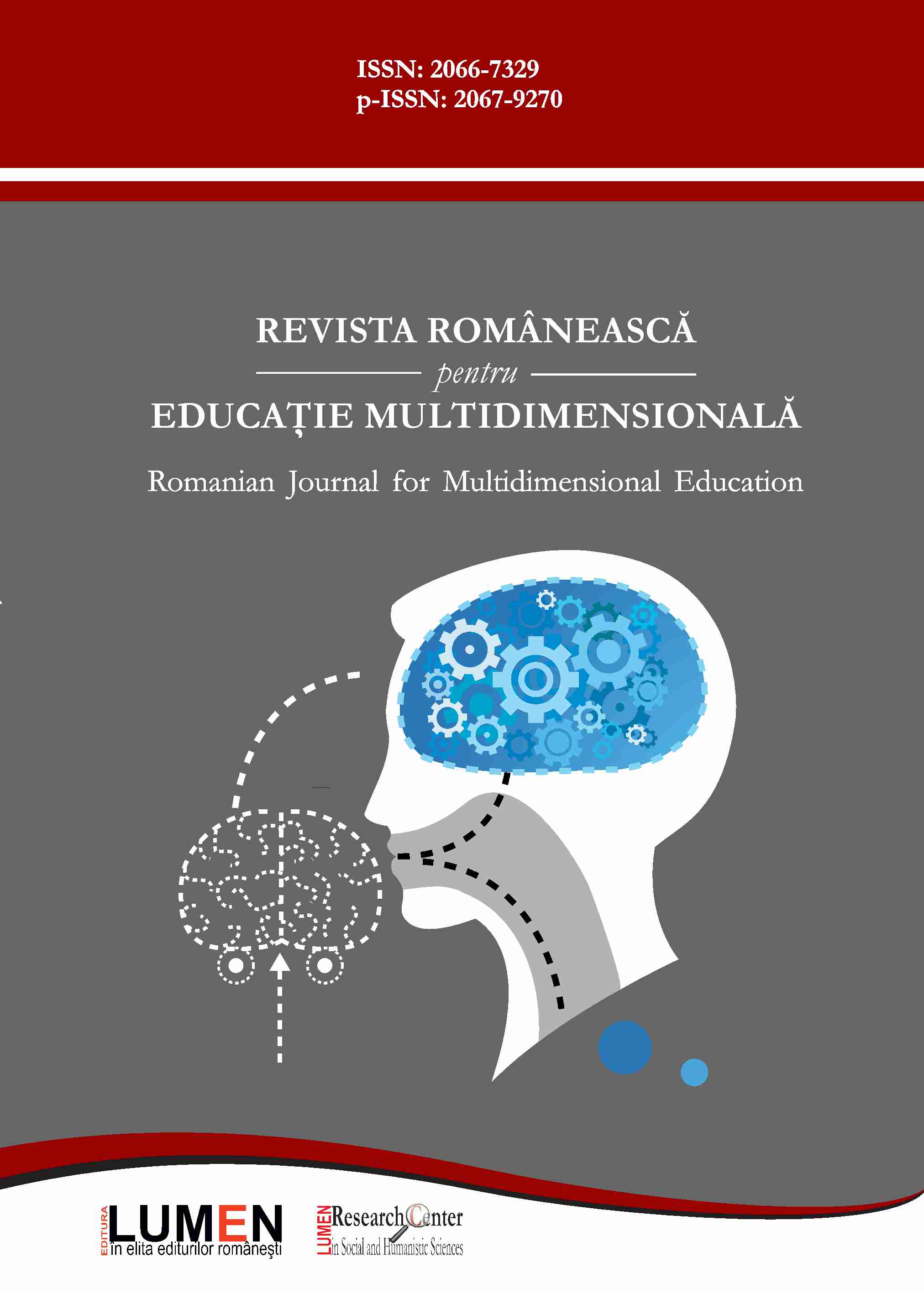Formation of Rhetorical Competence in University Applicants as a Necessary Factor for Successful Professional Activity
Formation of Rhetorical Competence in University Applicants as a Necessary Factor for Successful Professional Activity
Author(s): Аlla Kurinna, Liubomyra Iliichuk, Olena Mamicheva, Tetiana Nesterenko, Iryna Romanova, Yuliia PinchukSubject(s): Social Sciences, Education, Psycholinguistics, Higher Education , Rhetoric, Pedagogy
Published by: Editura Lumen, Asociatia Lumen
Keywords: Competence; rhetorical competence; student; neurolinguistics; pedagogical rhetoric; brain functioning; aphasia; suggestive technique;
Summary/Abstract: The article covers the issue of formation of rhetorical competence of higher education students: neuropsychological aspect. It is investigated that a university teacher must not only have a thorough knowledge of his subject, but also should have a high level of rhetorical competence. The meaning of the concepts: "competence", "rhetorical competence", "pedagogical rhetoric", "neurolinguistics" is clarified. The contribution of scientists who proposed a neurolinguistic approach in the study of speech disorders has been studied. A review of articles was made by domestic and foreign researchers on the formation of rhetorical competence of higher education seekers through the prism of the neuropsychological aspect. The components of rhetorical activity of students-psychologists are investigated. It is noted that educational training is a powerful tool for the formation of rhetorical competence of higher education students. Some aspects of training by psychologists are highlighted. It is emphasized that psychologists should have a good understanding of neurolinguistic programming. It has been studied that for successful speech behavior a teacher should use both verbal and nonverbal means of communication. It has been found that damage to the left hemisphere of the brain leads to aphasia. Apraxia has been found to be a disorder of the motor analyzer. It has been studied that children with dyslexia have phonological disorders. It has been proven that neurolinguistic knowledge helps teachers to choose strategies for teaching a foreign language to students. The essence of the suggestive technique is clarified. The requirements for a teacher who works on a suggestive method are considered. It is emphasized that the use of the suggestive method in teaching students helps the teacher to eliminate traumatic factors: fear, incommunicability, rigidity. It is proved that the suggestive method is connected with the formation of communicative competence in students.
Journal: Revista Românească pentru Educaţie Multidimensională
- Issue Year: 14/2022
- Issue No: 4
- Page Range: 230-242
- Page Count: 13
- Language: English

